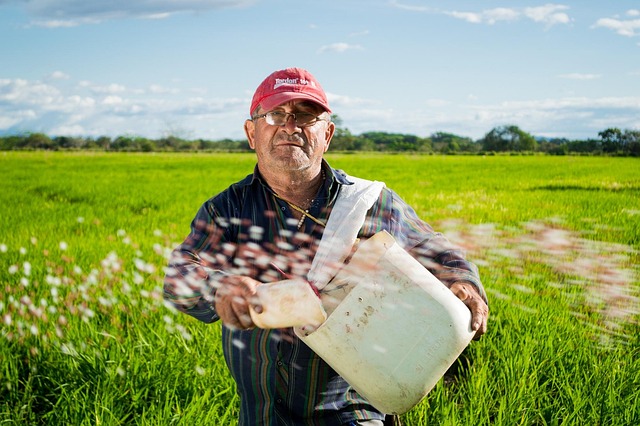Reducing Urban Ecological Footprint: Sustainable Agriculture for a Greener Future
In our rapidly urbanizing world, the concept of urban ecological footprint has never been more significant. As cities expand, the impact they have on our environment grows, threatening both our health and the health of the planet. However, there is hope! By embracing sustainable agriculture practices within urban settings, we can create a greener future that benefits us all.
The Challenge of Urbanization
Urban areas, bustling with life, are often characterized by concrete jungles, sprawling buildings, and limited green spaces. This environment contributes significantly to the urban ecological footprint, with agriculture being relocated to rural regions, often thousands of miles away. This decoupling not only increases transportation emissions but also minimizes the connections we have to our food sources.
Sustainable Agriculture: A Path Forward
Integrating sustainable agriculture practices within city limits can dramatically reduce our urban ecological footprint. Here are some key approaches:
- Urban Gardening: Backyard and community gardens allow city dwellers to grow their own vegetables and fruits, reducing reliance on transported goods and promoting local biodiversity.
- Vertical Farming: Utilizing vertical space in urban areas, vertical farms can produce significant yields without requiring large swathes of land, thus conserving natural resources.
- Hydroponics and Aquaponics: These innovative systems use significantly less water than traditional farming and can be set up in small urban spaces, providing fresher produce with less environmental impact.
The Benefits of Sustainable Urban Agriculture
Implementing sustainable agriculture practices in urban areas offers numerous benefits, aligning with our emotional connection to food and nature:
- Enhanced Health: Access to fresh, locally grown produce encourages healthier eating habits and reduces food-related health issues.
- Community Building: Gardens and urban farms serve as community hubs, fostering relationships and improving social cohesion among diverse populations.
- Environmental Stewardship: By participating in sustainable agriculture, individuals become more aware of their environmental impact and take active roles in protecting their surroundings.
Getting Involved
Reducing your urban ecological footprint doesn’t need to be overwhelming. Start small—plant herbs on your windowsill, join a community garden, or attend workshops on urban farming techniques. Each effort counts and brings us one step closer to a sustainable future.
Conclusion
As stewards of our environment, we have the power to shape a more sustainable urban landscape. By embracing practices that reduce our urban ecological footprint through sustainable agriculture, we can ensure that our cities thrive both now and for generations to come. Together, let’s plant the seeds for a greener future!



